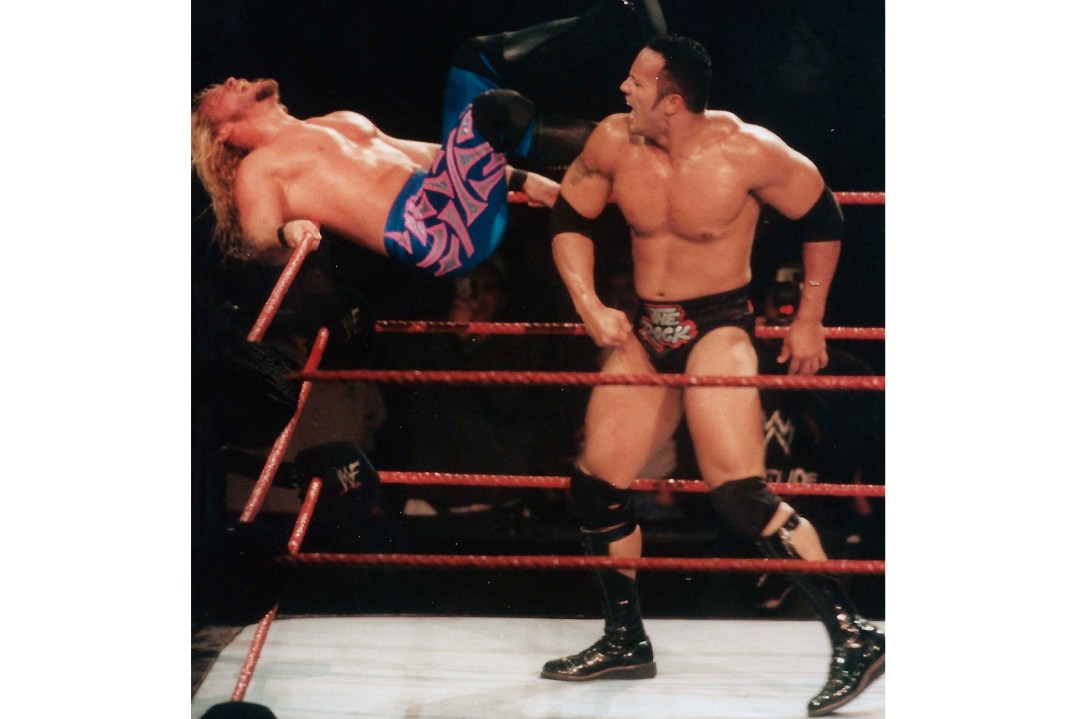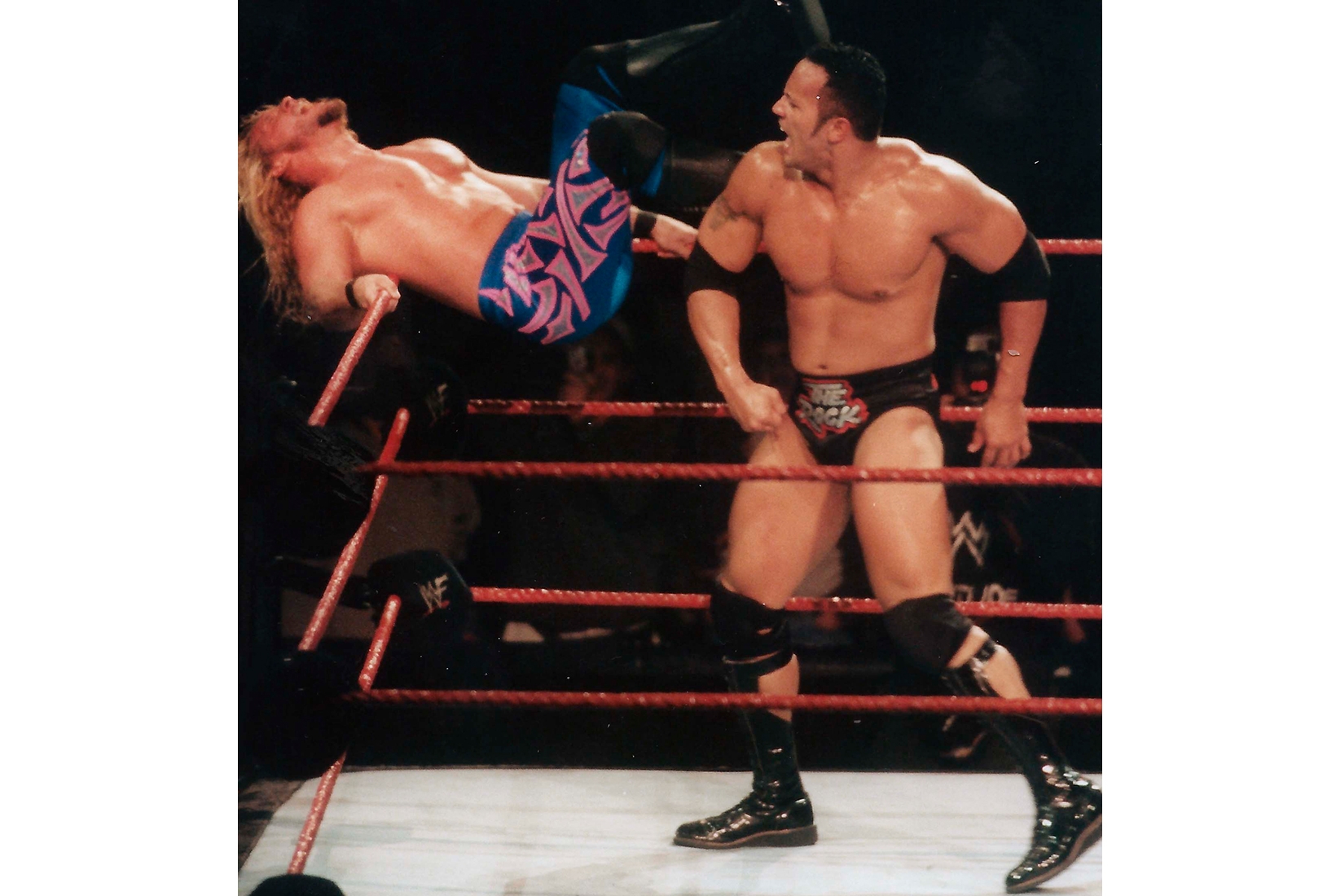In Beeb-dominated Britain, the commercial triumph of podcasting — epitomised by Spotify’s recent £100 million deals with Joe Rogan and Kim Kardashian — is held up as proof of the complacency of the radio establishment. Freed from the constraints of box-ticking commissioners, wily podcasters have been able to steal a march on Broadcasting House by giving audiences what they actually want.
Or so runs the theory. But I can’t help thinking there’s one large slice of legacy radio territory the podcasters haven’t taken yet. And that’s the good old-fashioned audio drama. Not the most fashionable genre right now admittedly, but an important one nonetheless. Few 20th-century broadcasts, after all, are considered more iconic than Orson Welles’s War of the Worlds.
When I heard the news that Playwrights Horizons — the trendy fringe theatre in New York — was entering the podcast market, I figured the game might finally be on. Could these prize dramatists revive the beleaguered radio play, in the same way that Davids Chase and Simon revolutionised television serials in the 1990s and early 2000s? I was hopeful.
Listeners had to team up with a friend, and relay their lines – out loud – to each other
Yet six instalments into Soundstage — a ‘biweekly anthology’ of ‘scripted fiction’ — I’m starting to worry that my initial excitement might have been premature. It isn’t that the writing itself is bad; most of the scripts are at least halfway decent. The problem is that, instead of trying to make decent drama, Playwrights Horizons has set out to subvert the format entirely. And with predictably mixed results.
As you might have gathered from the name, the playwrights have been told to focus their creative energies exploring sound itself, yet much of this assumes that most listeners will be using headphones. A recent instalment arrived on my phone as two separate audio tracks, each providing half of a concurrent dialogue. To follow the play, listeners had to team up with a friend, and relay their lines — out loud — to each other.
This week’s episode, a monologue called ‘Boy Factory’, was another misfire. The script, by playwright Milo Cramer, wasn’t terrible. Self-indulgent, yes, but who isn’t engaging in a spot of naval-gazing right now? But it was the irritating audio wankery that did it for me.
The first five minutes — in which Cramer recounted his early childhood — was delivered in the arrhythmic, anti-grammatical style of a nervous child reading out loud in class: frequent pauses before racing through multiple sentences in a single breath. Later sections — focused almost entirely on the playwright’s sexual tastes — were full of annoying panto sound effects and scenery-munching faux shouting. Given the number of people who listen to podcasts to relax — perhaps in bed or the bath — this kind of anti-ASMR (where every noise delivers an unpleasant jolt to the system) was a curious decision to say the least.
But the pretensions of off-Broadway dramatists aren’t the only reason for the podcast drama glut. I suspect the dominance of the television streaming networks, which have billions of dollars to throw at this sort of thing, might also play a role. It’s not a coincidence that the most acclaimed podcast drama, a 2016 psychological thriller called Homecoming, ended up being snapped up by Netflix, which upgraded it to a television serial (only for it to be eclipsed when the network purchased the exclusive rights to a Beyoncé concert of the same name).
The only podcast I’ve found that comes close to radio drama is a strange number called Imagined Life. Billed as a work of ‘immersive fiction’, each instalment is delivered entirely in the second person. Part whodunnit, part biopic, the narrator takes you through the formative years of an unknown public figure, masking any telltale details as to their identity. After 40 minutes of hearing about ‘your life’, you find out who you actually are.
‘You are wrestling champion The Rock,’ purred the narrator in the conclusion to one recent episode. ‘You are one of the most revered and decorated wrestlers in history, with 17 championships to your name.’ Platitudinous yes, but exactly what I need to hear when I’m starting my morning exercise.
Imagined Life is just as formulaic and sentimental as you might imagine. But it’s also very well written — at least in the disciplined manner of a tabloid newspaper. Mawkishness aside, there’s no time for editorial indulgence. I wasn’t surprised to find that, as with Soundstage, the episodes are written by jobbing playwrights, albeit working to a set brief. Maybe creatives need to be constrained after all.
Crucially, though, it’s the only successful weekly podcast I know that’s built on anything resembling creative fiction. Yes, the format is repetitive, but that’s what’s allowed Imagined Life to build up a regular fan base (the holy grail in the podcasting world). In doing so, it’s thrown down the gauntlet. Surely someone out there can beat it?







Comments